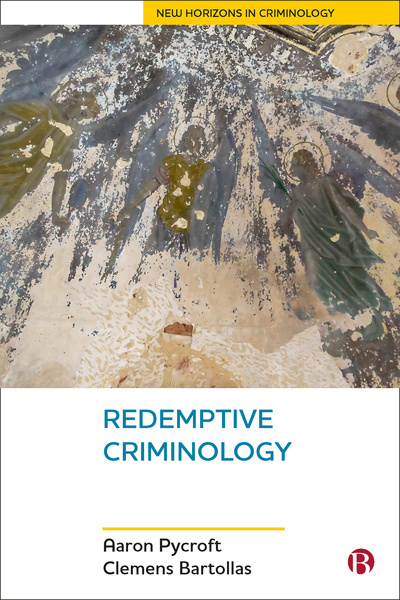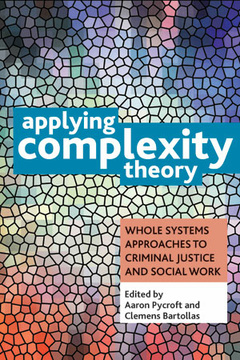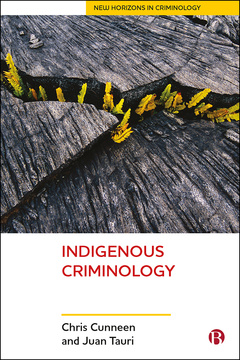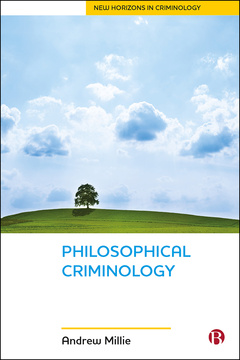Redemptive Criminology
By Aaron Pycroft and Clemens Bartollas
ISBN
978-1529203578Dimensions
234 x 156 mmImprint
Bristol University PressISBN
978-1529203530Dimensions
234 x 156 mmImprint
Bristol University PressISBN
978-1529203547Imprint
Bristol University PressISBN
978-1529203547Imprint
Bristol University PressDrawing on criminology, philosophy and theology, this book develops a theory of ‘redemptive criminology’ for practice in criminal justice settings. The therapeutic impulse for the text is a focus on the individual practitioner’s ability to embrace difference with the other, to resist harsh penal measures and to bring about change from ‘the bottom up’.
By challenging concepts and practices of rehabilitation, the authors argue for the possibility of redemption and for forgiveness as the starting point. Using real-life examples and an interpretative approach, the book explores the connections between victims, perpetrators and the community. The text articulates challenges for the justice system and offers new insights into punishment and retribution.
“This book offers a powerful critique of the traditional criminal justice system and its relationships with offenders, victims and communities. The redemptive criminological approach embraces the all-too human aspects of forgiveness and redemption, and this text is a must-read for academics, professionals and students seeking an alternative point of view to current criminal justice practice.” David Polizzi, Indiana State University
"This challenging and thought-provoking text breathes new life into the age-old concept of redemption. A must-read for all those seeking to expand the criminological imagination to construct and deliver more creative and humane practices." Lol Burke, Liverpool John Moores University
Aaron Pycroft is Reader in Criminal Justice and Social Complexity at the University of Portsmouth.
Clemens Bartollas is Professor of Criminology at the University of Northern Iowa.
1. Introduction
2. Immanence and Spaces of Possibility
3. The Dynamics of Forgiveness
4. Apprehending the Victim
5. Gifting Repentance
6. Actualization
7. The Redemptive Practitioner
8. Conclusion
















